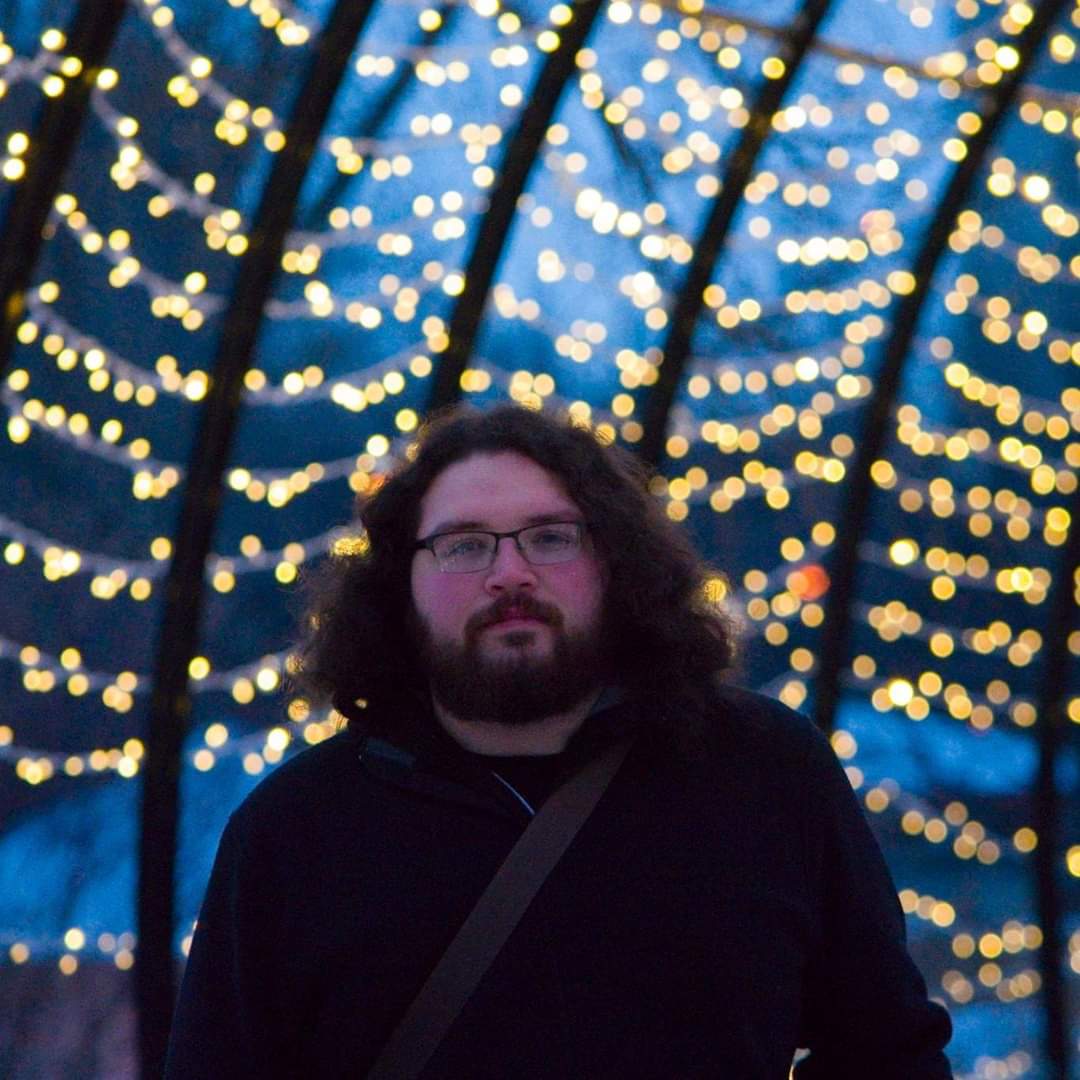Sleep Token - Even In Arcadia
- Samuel Stevens

- May 9, 2025
- 4 min read

On Even In Arcadia, Sleep Token—now under the wing of RCA Records for the very first time—take a bold yet seamless step forward in their already illustrious journey. The album expands upon the sonic mythology that has defined their meteoric rise while simultaneously deconstructing it, piece by piece. If 2023’s Take Me Back To Eden was their grand flourish into the mainstream, then Even In Arcadia is the descent into a more complex, introspective realm—still haunted, still divine, but cloaked in even more nuance.
Opening track “Look To Windward” is a slow ignition, building tension with celestial textures and ominous restraint. It feels like a reckoning—a whispered prayer echoing through a ruined cathedral, before its mega explosive force takes hold and the band morphs pop and metal at their will. This sets the tone for what’s to follow: a record that explores dualities in sound, spirit, and identity.
“Emergence,” featuring Bilmuri saxophonist/vocalist Gabi Rose, is perhaps the most surprising collaboration in the Sleep Token canon yet—then again, you never know what the band will come up with next. The track initially floats like a dreamy requiem with synths and bassy beat, before the band's progressive metal roots take center stage. As the song builds, eventually Rose’s saxophone bleeds through the veil, blurring genre boundaries in real time. It’s bold, unexpected, and absolutely intoxicating—a testament to the band’s willingness to never risk alienation in pursuit of their artistry.
“Past Self” and “Dangerous” act as the emotional anchors of the record. Vessel’s vocals, as always, oscillate between fragile and ferocious, pushing the listener to confront their own reflections in lyrics soaked with longing and existential ache. These are songs that don’t just feel—they wound gently, like pressing your fingers into a fading bruise. “Past Self” is a full-blown pop piece, whereas “Dangerous” follows suit, but as the track builds to its climax, the song takes a sonic shift into the realm of metal.
If “Past Self” isn't the most talked-about track, it will undoubtedly be “Caramel,” and for good reason. It’s Sleep Token at their most chaotic and genre-defiant. What starts as a whisper of tenderness—just Vessel and the bare bones of melody—soon erupts into a whirlwind of pop, reggaeton, and deathcore. Yes, reggaeton. And it works. Maybe something only Sleep Token can pull off. The clash of styles might seem jarring on paper, but in execution, it mirrors the very theme of the song: the fragmentation of self under the weight of fame and fan expectation, especially of a portion of the fan base who try to out the band's real identities. An integral part of the band's identity is anonymity. It’s a sonic collage of a psyche unravelling.
The title track, “Even In Arcadia,” is among the band’s most haunting moments to date. While it's just Vessel and a simple melody on piano, the choir-like harmonies and swelling electronics provide a gentle bed for Vessel’s existential lament, and his frustration is clear as day on the track. It reflects the classical idea that even in utopia, death and decay linger—a fitting metaphor for fame and the band’s struggle with anonymity. The closing violin arrangement juxtaposes the song's themes perfectly.
“Damocles” is a slow-burning dirge, where tension smoulders beneath pristine surfaces. It's an elegant reminder that Sleep Token's heaviest moments are not always the loudest; sometimes, the most devastating weight comes in silence and suggestion. A song of introspection, Vessel tackles the opposite side of what he sings about on "Caramel." Vessels puts the spotlight on the threat within and his existential dread of losing his spot in the music scene, whether it's from abandonment, disbandment, or even simply when he's not prancing on stages as Vessel. This thread continues in “Gethsemane,” where biblical metaphor meets stark vulnerability in the album's sonically heaviest track, which still blurs genre to the fullest extent.
“Provider” and “Infinite Baths” bring the album to a more spiritual close. The former channels the worshipful cadence of Sundowning-era hymns, while the latter feels like an ascension—layers of ambient textures dissolve into nothingness, but with a moment of absolute chaos to close out the record, leaving only a final breath of release.
From a production standpoint, Carl Bown and his team (including Adam “Nolly” Getgood and Ste Kerry) deserve immense praise. The album is a masterclass in dynamic range and texture, where every layer feels intentional and deeply immersive. Whether it's the cavernous low end of a breakdown or the featherlight touch of a piano line, the mix serves the emotion first, spectacle second.
Ultimately, Even In Arcadia is not the most accessible Sleep Token album, but it may be their most important. It is brave in its experimentalism, honest in its lyrical excavation, and unapologetically complex. It is an album that trusts its audience to follow through the shadows, to sit with discomfort, and to find beauty in dissonance. Sleep Token has never asked for your understanding—only your surrender. With Even In Arcadia, that surrender feels more sacred than ever.




Comments